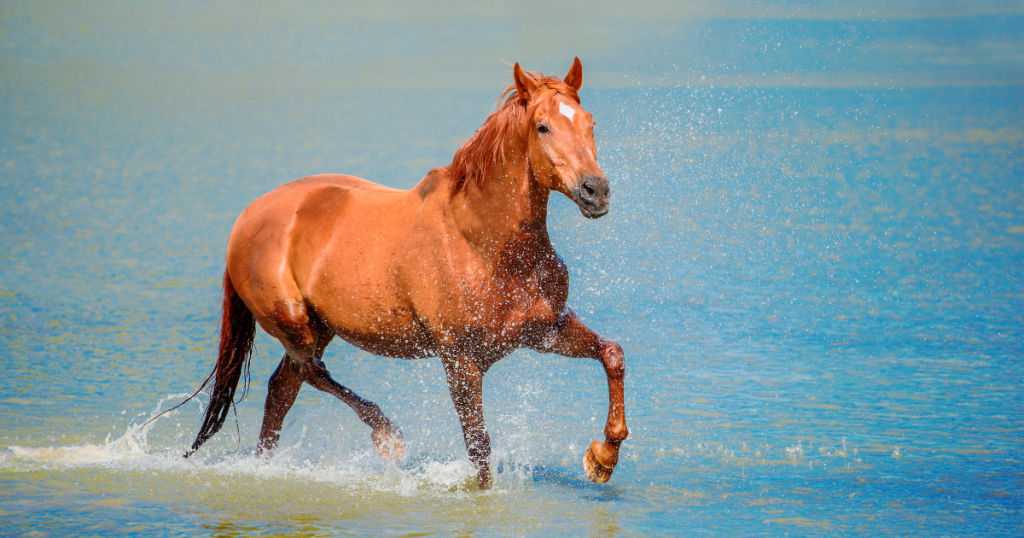
As summer approaches, equestrians everywhere are gearing up for long, sunny days with their horses. Whether you’re planning to hit the trails, compete in shows, or simply enjoy some leisurely rides, it’s important to prepare for the unique challenges that summer can bring. Here are some essential tips and recommendations to ensure a safe and enjoyable season for both you and your horse.
1. Stay Hydrated
Just like humans, horses need plenty of water to stay hydrated, especially during the hot summer months. Ensure your horse has constant access to fresh, clean water. On particularly hot days, you might need to refill their water buckets more frequently. Additionally, consider adding electrolytes to their diet to help them replenish vital salts lost through sweating.
2. Adjust Riding Schedules
To avoid the peak heat of the day, try to ride early in the morning or later in the evening when temperatures are cooler. This not only prevents heat exhaustion but also makes for a more pleasant riding experience. Keep an eye on the weather forecast and plan your rides accordingly.
3. Use Fly Protection
Summer is prime time for pesky flies and insects. Protect your horse by using fly masks, fly sheets, and fly sprays. These products can help keep your horse comfortable and prevent the spread of diseases carried by insects. Regularly clean and check your fly gear for any wear and tear.
4. Monitor for Signs of Heat Stress
Heat stress can be a serious issue for horses in the summer. Watch for signs such as excessive sweating, rapid breathing, lethargy, and a high temperature. If you suspect your horse is suffering from heat stress, move them to a shaded, cool area, offer water, and consult your veterinarian immediately.
5. Protect Against Sunburn
Horses with pink skin, particularly around the muzzle and eyes, can be prone to sunburn. Use a UV-protective fly mask and apply equine sunscreen to vulnerable areas. Providing access to shade during the hottest parts of the day can also help prevent sunburn.
6. Maintain Pasture Management
Summer grass can be lush and tempting, but it can also lead to issues such as laminitis if not managed properly. Monitor your horse’s grazing habits and consider using a grazing muzzle if necessary. Regularly check your pasture for toxic plants that may thrive in the summer months.
7. Keep Up with Grooming
Frequent grooming is essential in the summer to remove sweat, dirt, and loose hair. It also gives you a chance to check for any cuts, scrapes, or insect bites. Consider using a cooling rinse or sponge bath after rides to help your horse cool down and stay clean.
8. Provide Proper Ventilation
If your horse is stabled, ensure their living environment is well-ventilated to reduce the risk of respiratory issues and heat buildup. Use fans, open windows, and ensure there is adequate airflow. Keeping the barn clean and free of manure will also help reduce the fly population.
9. Plan for Travel
If you plan to travel with your horse during the summer, make sure your trailer is well-ventilated and never leave your horse unattended in a hot trailer. Plan for frequent stops to offer water and check on your horse’s well-being.
10. Enjoy the Season
Summer is a wonderful time to bond with your horse and enjoy the great outdoors. Plan fun activities, whether it’s trail riding, participating in clinics, or simply spending quality time together. Always prioritize your horse’s health and safety, and you’ll both have a fantastic summer.
Final Thoughts
By taking a few extra precautions and being mindful of the challenges that summer can bring, you can ensure a safe, enjoyable, and productive season for both you and your horse. Stay cool, stay hydrated, and happy riding!

